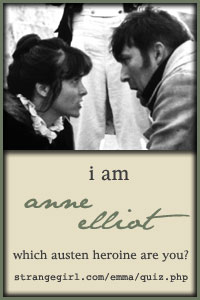I
remember discussion of cognitive maps, the maps we hold in us as surely as our
breath and sinew. Maps of
childhood, of the places we’ve inhabited, the places that have been our own,
that we could walk with eyes closed, years and continents away. Maps that bear no real resemblance,
perhaps, to any printed road map or those contour maps I used to love to draw,
plotting numbers, elevation. They
mark the territory that is ours alone, perhaps with lively monsters in the
margins which were there for old-time mariners—their fears given fantastic and
picturesque forms.
I’m
thinking of the map that is my Santa Fe.
It’s outer limits are the canyon where our low-roofed schoolrooms were
(the art room with geraniums in coffee cans), the hill above which I would climb
at noon with apples for a sway-backed horse; the operahouse off the road to
Tesuque; the rodeo grounds where my mother also took me to horse shows (one
year our hearts both given to a gorgeous bay jumper named Tapatia); the
mountains where the thunderstorms lived, at times bruised the color of
cloudy-skinned purple/blue plums.
Earlier,
closer-in limits were the back wall (cinder blocks in those days) just behind
the clothesline; the front sidewalk; the spruce tree to the north (or rarely,
in winter, the top of Sombrio Drive, where we would drag our sleds—my little
Flexible Flyer with red runners); and to the south, the neighbors’ porch where
I was often given iced tea (always delicious Lipton, which I’ve never been able
to replicate), and one door down, the garage with its treasure of glass marbles
in another coffee can.
It’s
all covered with trees—cottonwoods with their spring fuzz drifting through the
air; the elms with their winged seeds; the water birch with tiny cones—and with
lilacs.
The
signs are in three languages—English, Spanish, Native American. Abeyta, Water, Pojoaque, Manhattan, Don
Diego, Acequia Madre.
Mine
is a nostalgic map, a map drawn in old inks, turquoise, adobe-brown, chamisa
yellow. It is as romantic in its
way as that Michael Ondaatje draws here, in The English Patient—
"We die containing a richness of lovers and tribes, tastes we have swallowed, bodies we have plunged into and swum up as if rivers of wisdom, characters we have climbed into as if trees, fears we have hidden in as if caves.
I wish for all this to be marked on by body when I am dead. I believe in such cartography - to be marked by nature, not just to label ourselves on a map like the names of rich men and women on buildings. We are communal histories, communal books. We are not owned or monogamous in our taste or experience.”
image: land case map D-972, Calisphere




















you have done what you do best in these last two posts.
ReplyDeleteyou have made your beloved santa fe come alive.
the color the people the history... your history!
the very air is here for the taking.
xo
Thank you so much for visiting me here. It is a special place.
Delete